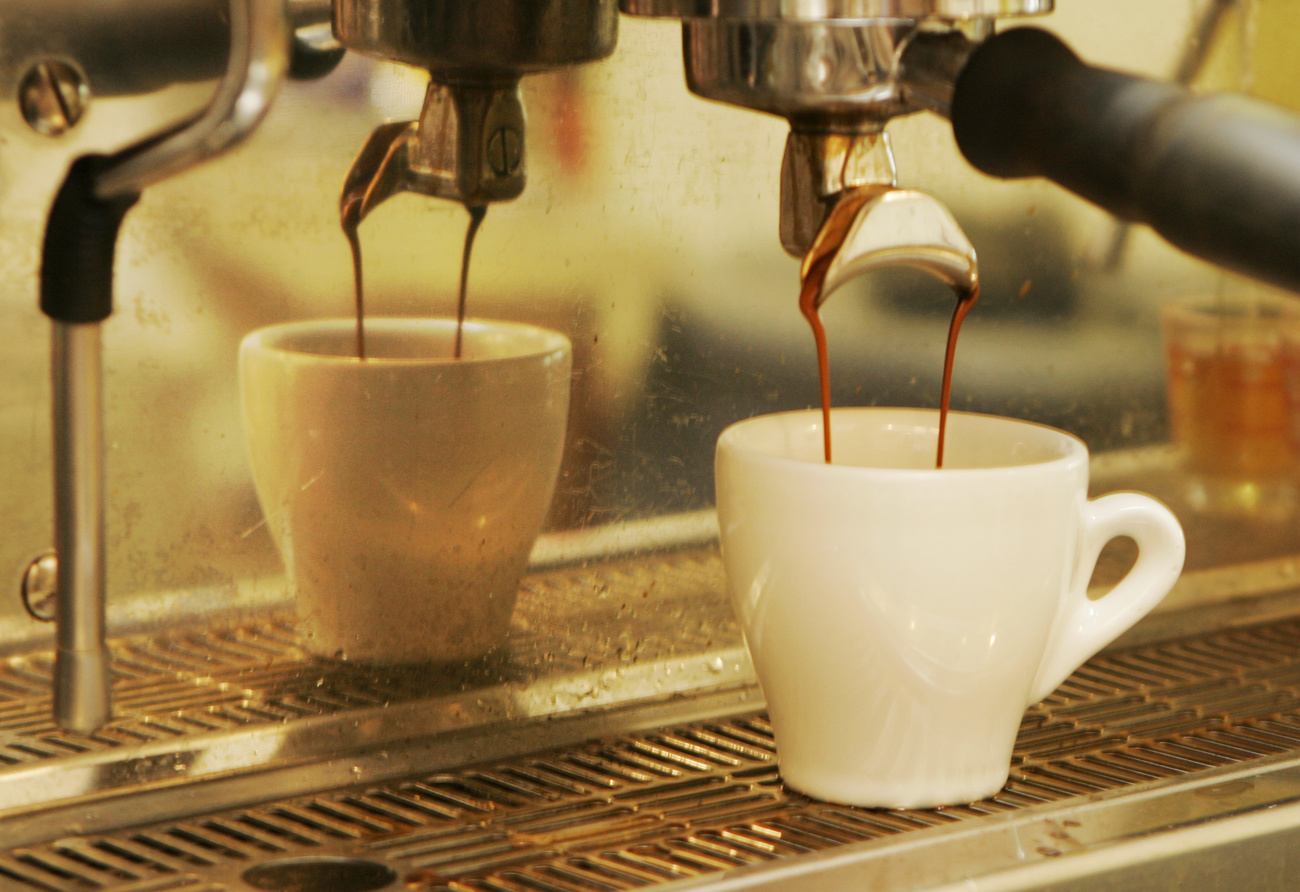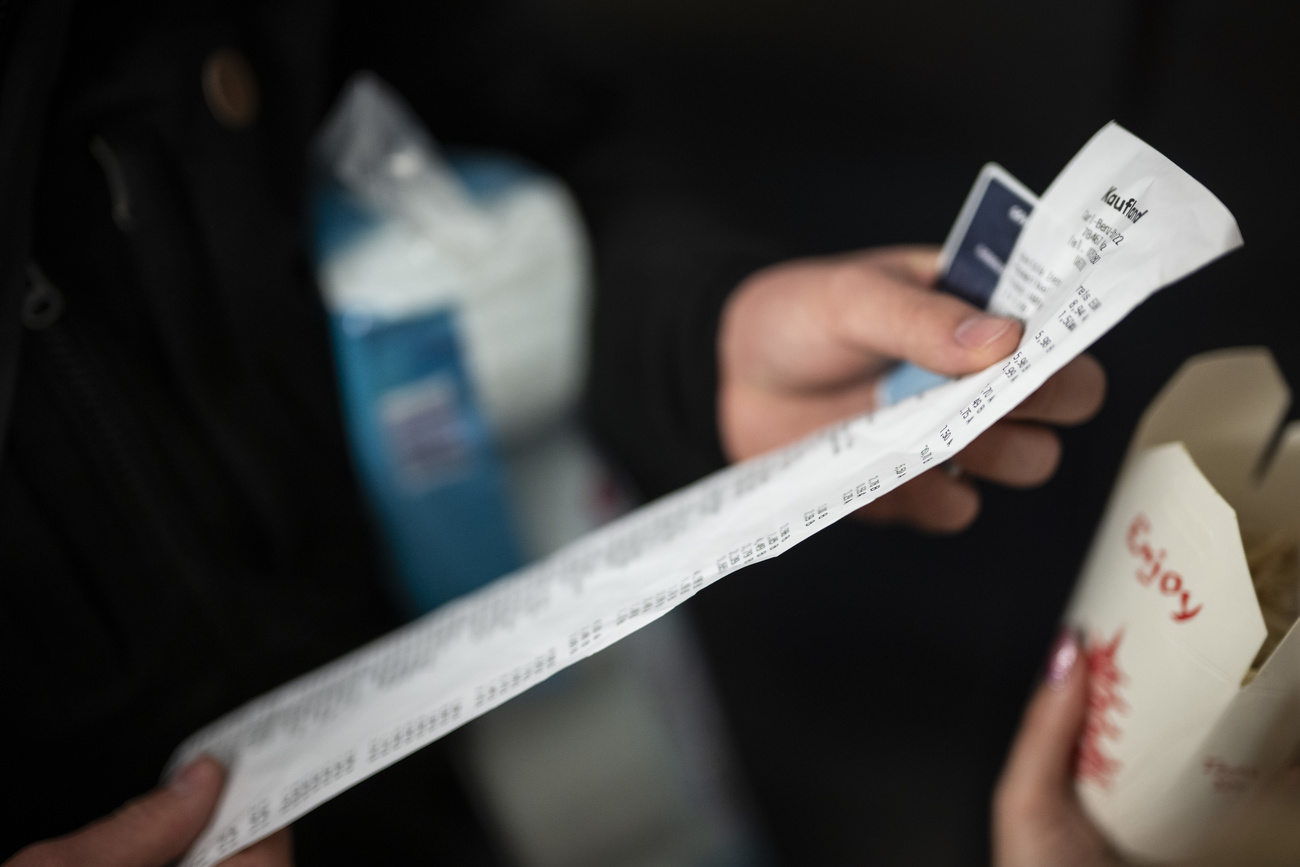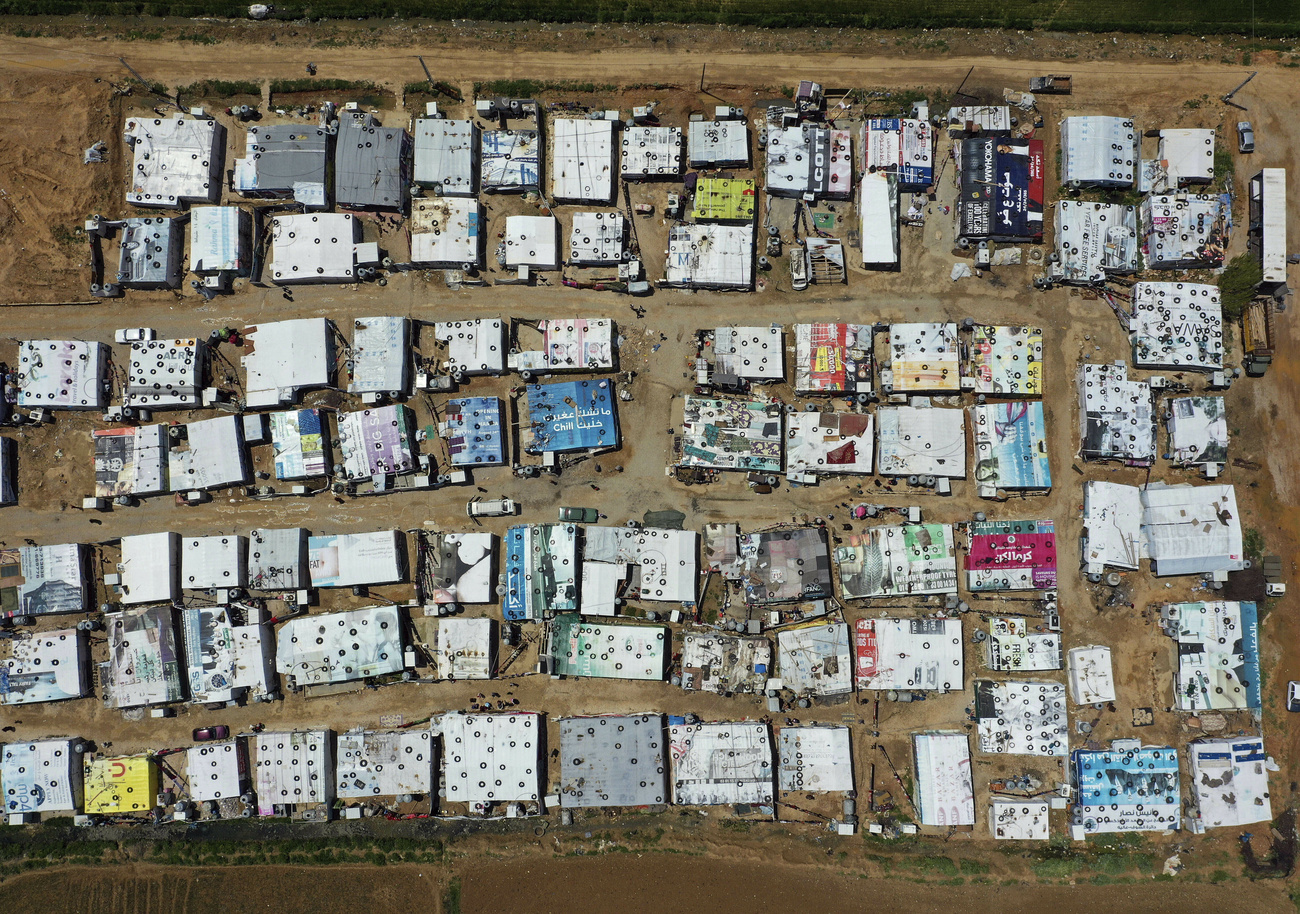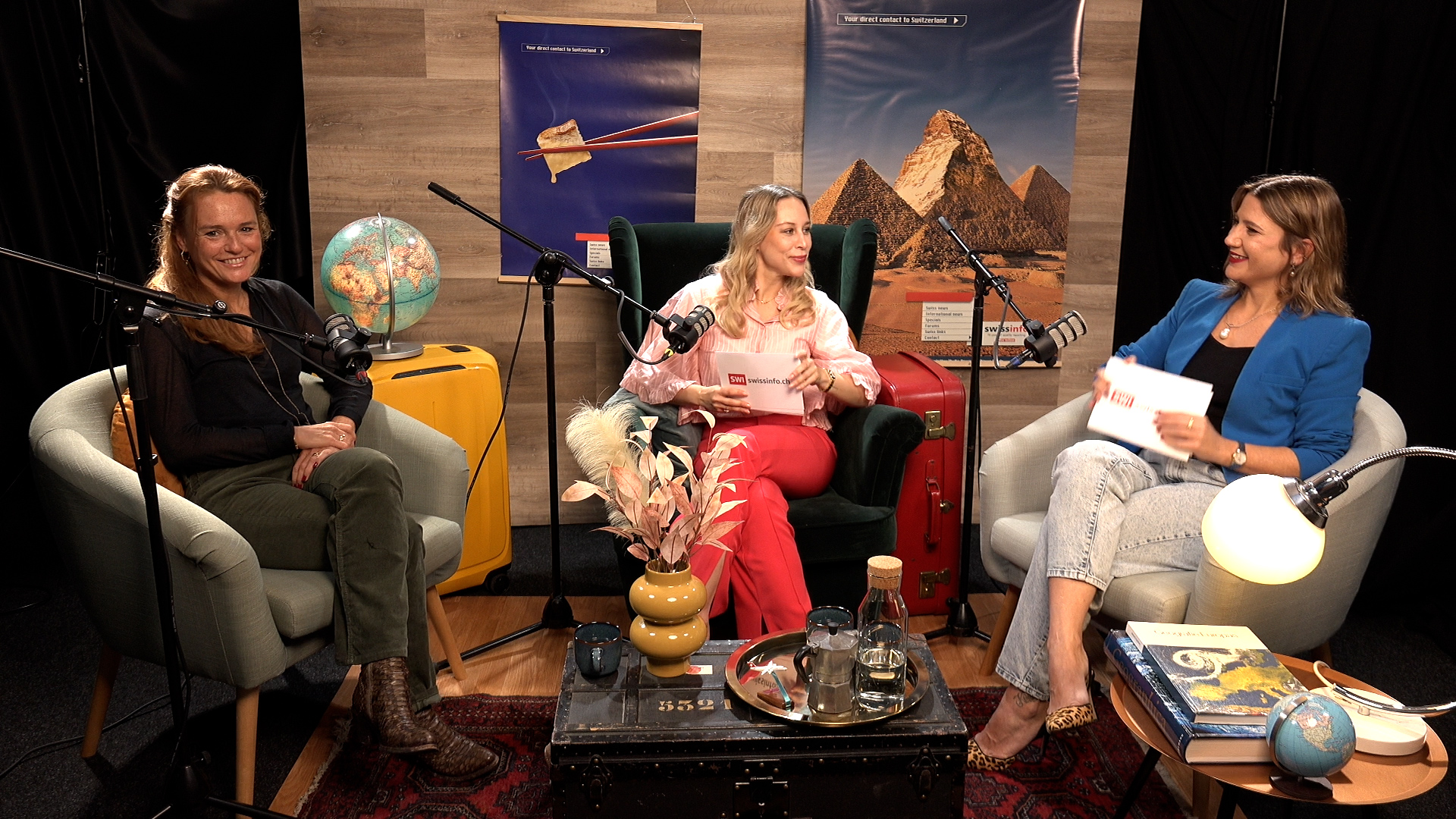
Cup of Swiss coffee set to explode in price

The price of a cup of Swiss coffee is expected to rise by as much as 15% next year as cafés grapple with rising costs.
The price of the classic café crème drink rose by a record 10 rappen this year in German-speaking Switzerland. In 2024, prices are expected to rise between 5% and 15%, according to the umbrella organisation CafetierSuisse.
+ Read why Switzerland is resistant to food-price inflation
A single café crème in German-speaking Switzerland has risen almost 3% to CHF4.49 this year. “This is the highest price increase in the last ten years,” CafetierSuisse president Hans-Peter Oettli said on Monday.
Over the course of the last decade, the German-speaking Swiss have been forced to stump up 8.7% or 36 centimes more. In 2013, the average price for a café crème was CHF4.13. The figures are based on a telephone survey by CafetierSuisse of 650 cafeterias and bistros in German-speaking Switzerland.
Café crème once again costs the most in the city of Zurich. In 2023, Zurich residents will pay an average of CHF4.78 for a cup. This puts the price 6.4% above the average in German-speaking Switzerland. This is followed by the cantons of Zug (CHF4.66), St. Gallen (CHF4.46), Aargau (CHF4.40) and Bern (CHF4.35).
The most expensive Café crème also comes from the canton of Zurich. With a maximum price of CHF6.50 for a cup, Zurich also leads the ranking in this category.
Coffee is likely to become significantly more expensive next year. The association expects a price increase for Café crème of 5 to 15%. “Given the current economic situation, further price increases cannot be ruled out,” explained Oettli.
The reason is, among other things, higher personnel and additional costs. At the same time, CafetierSuisse emphasises the major differences within the industry. Pricing is a decision for each individual company. The price calculation depends on the competitive situation, the concept and the location of the company.

More
Why is the Swiss franc appreciating so much?
This news story has been written and carefully fact-checked by an external editorial team. At SWI swissinfo.ch we select the most relevant news for an international audience and use automatic translation tools such as DeepL to translate it into English. Providing you with automatically translated news gives us the time to write more in-depth articles. You can find them here.
If you want to know more about how we work, have a look here, and if you have feedback on this news story please write to english@swissinfo.ch.

In compliance with the JTI standards
More: SWI swissinfo.ch certified by the Journalism Trust Initiative































You can find an overview of ongoing debates with our journalists here . Please join us!
If you want to start a conversation about a topic raised in this article or want to report factual errors, email us at english@swissinfo.ch.